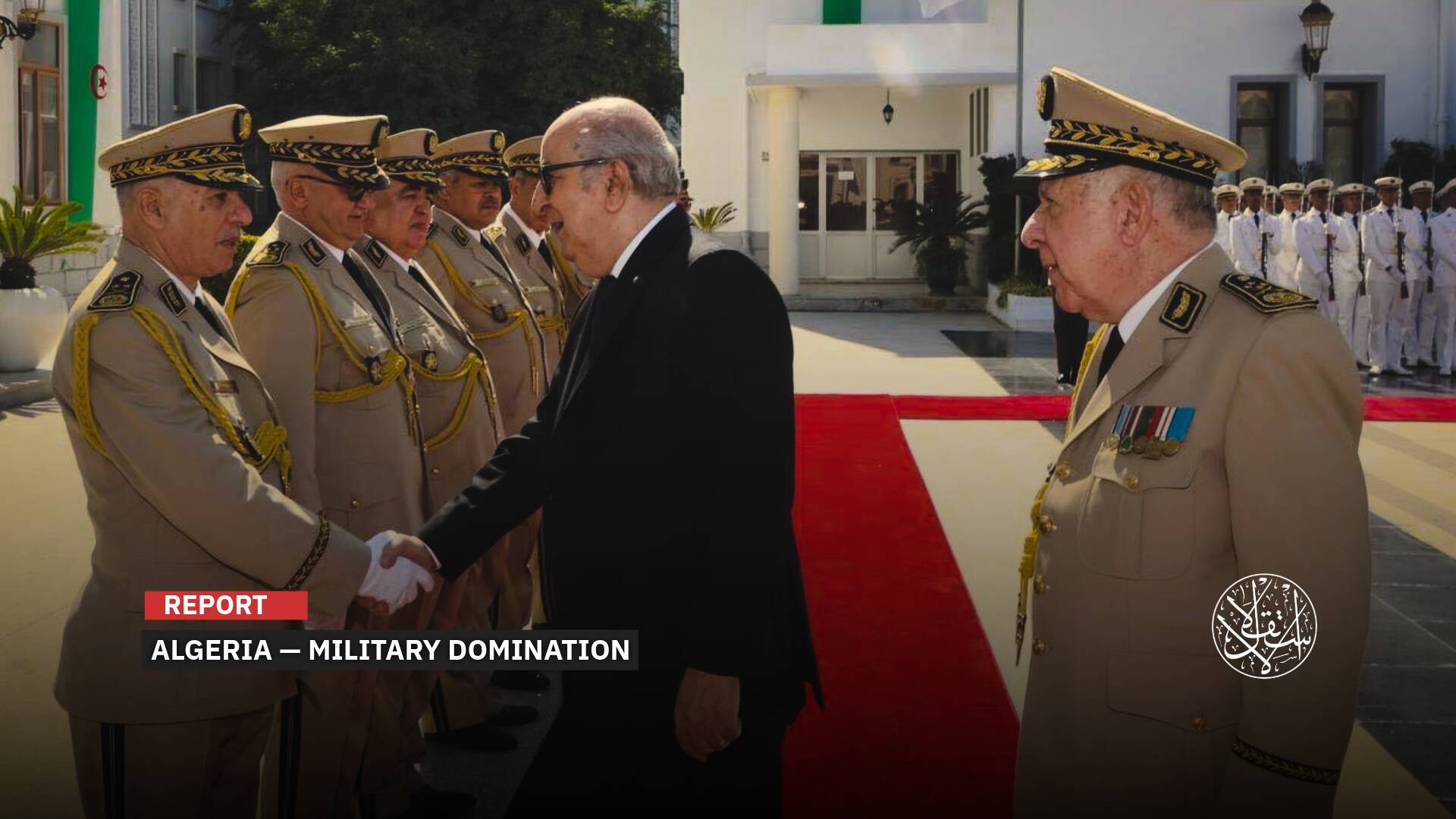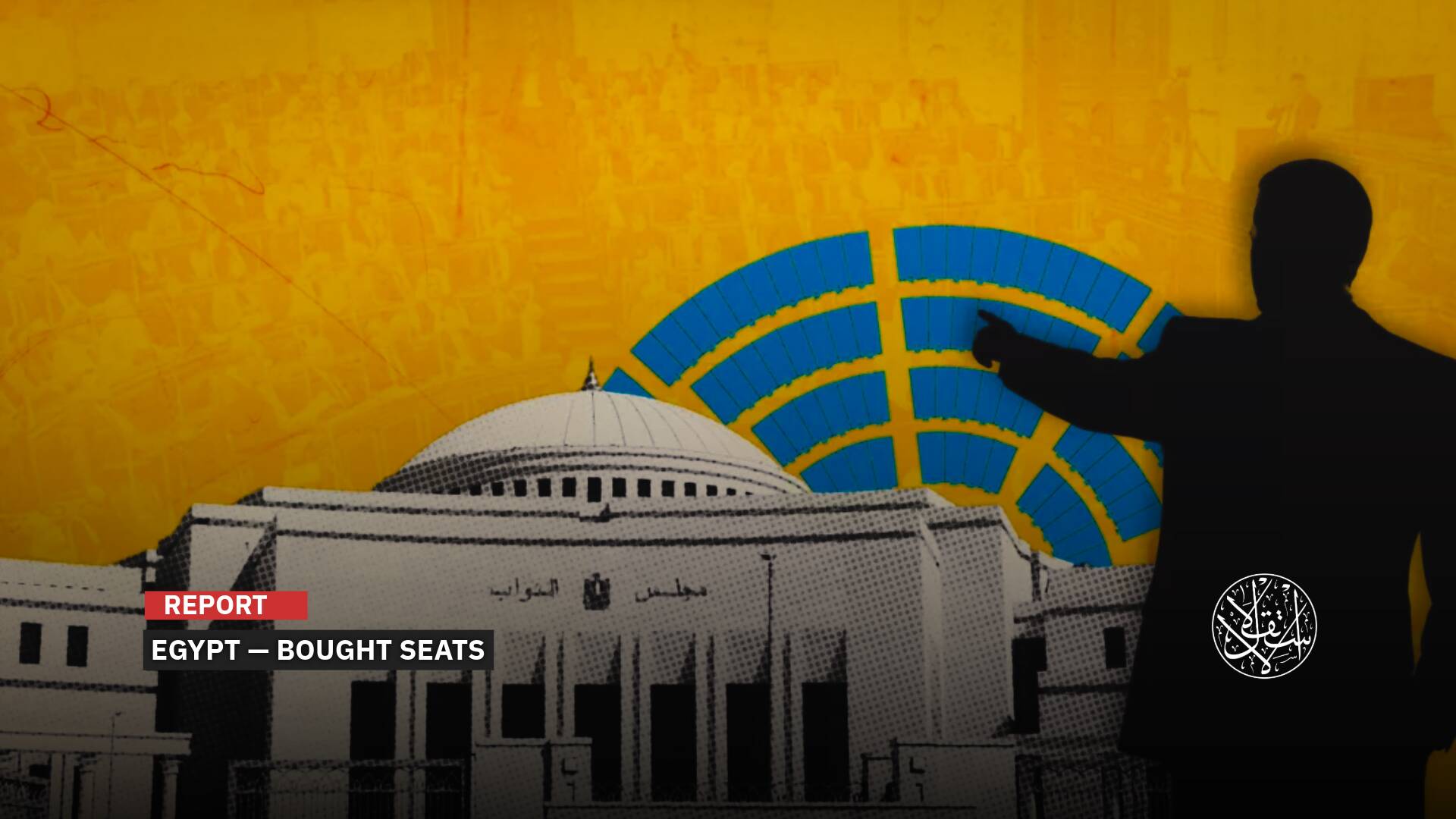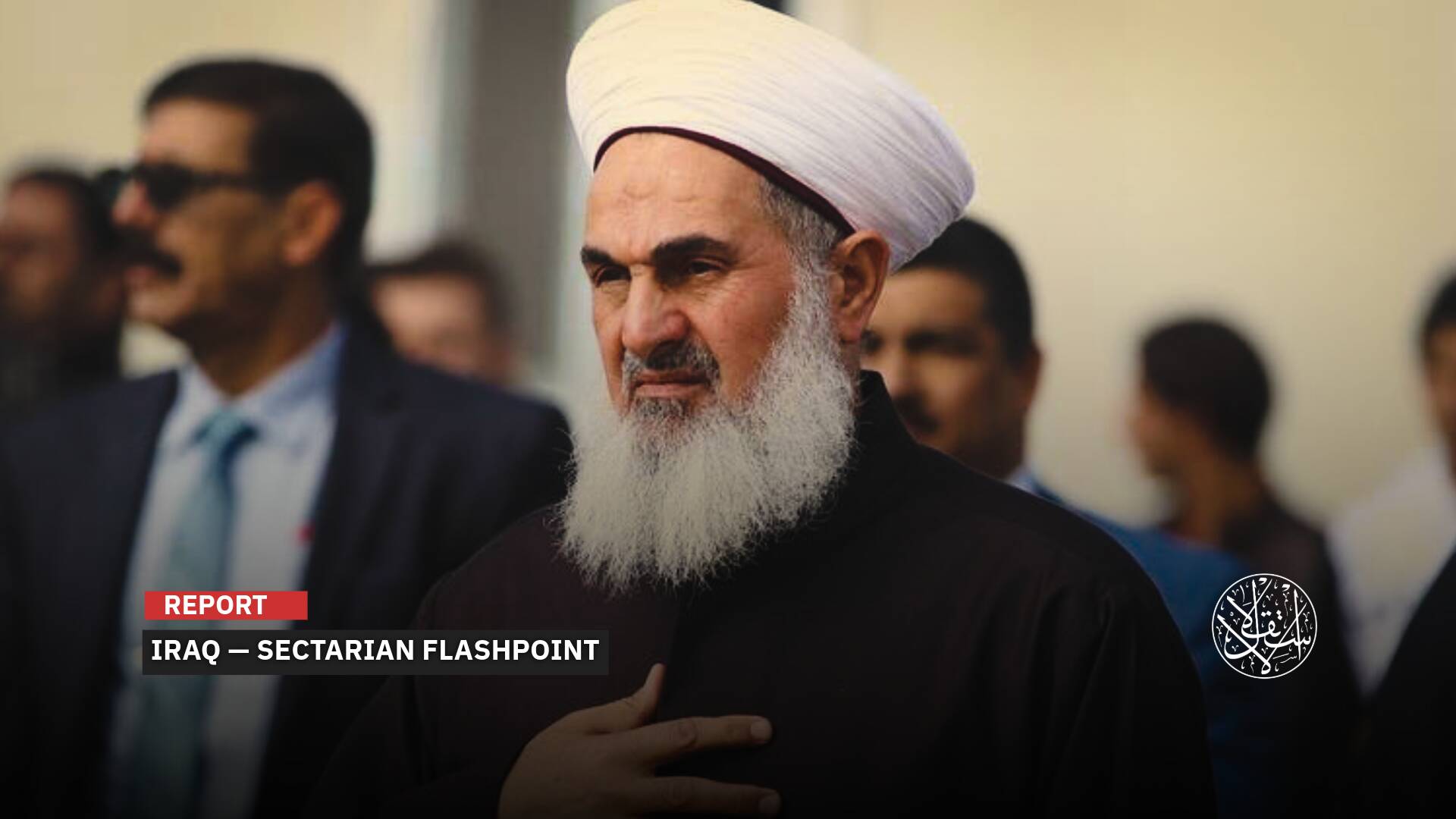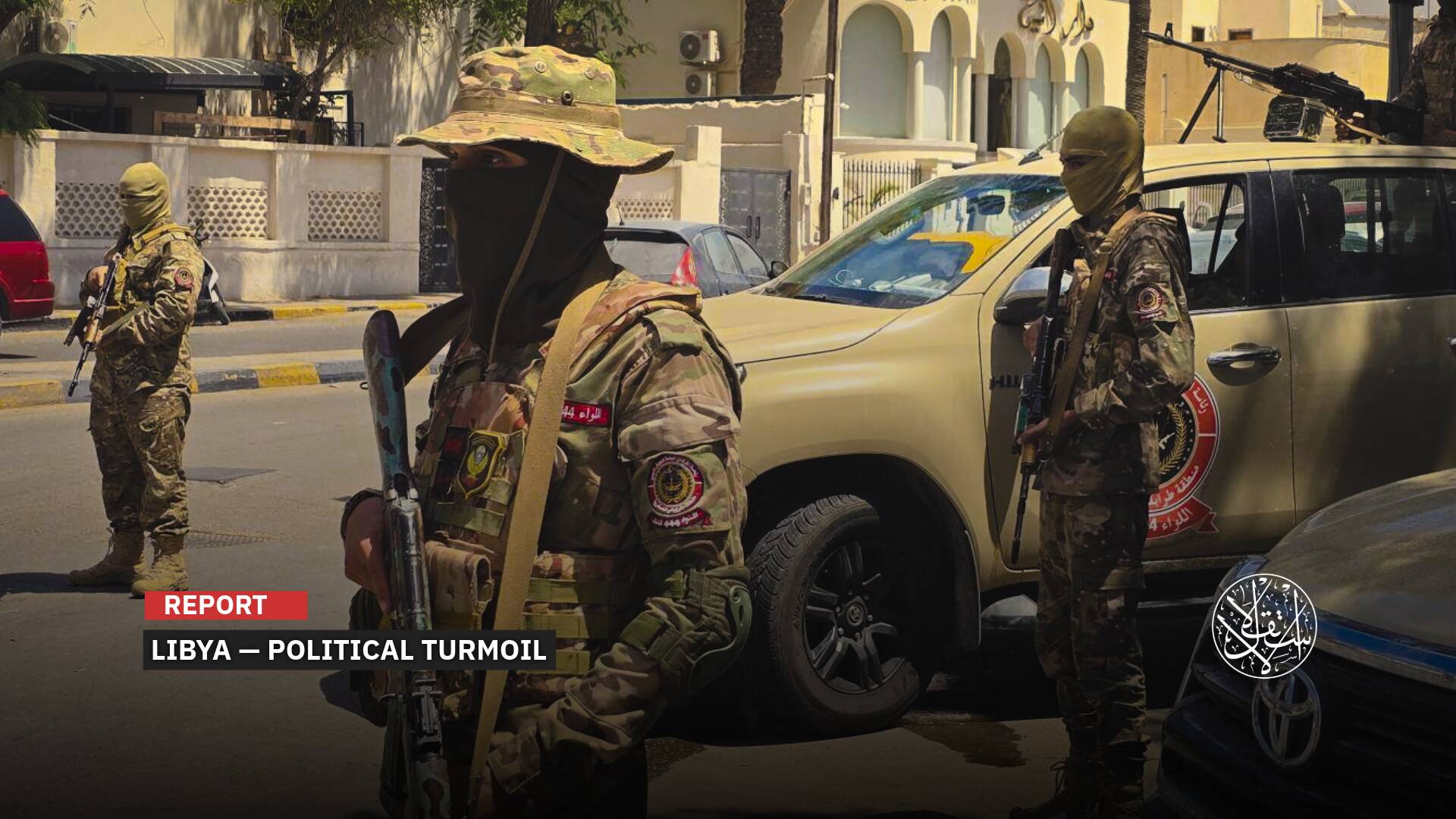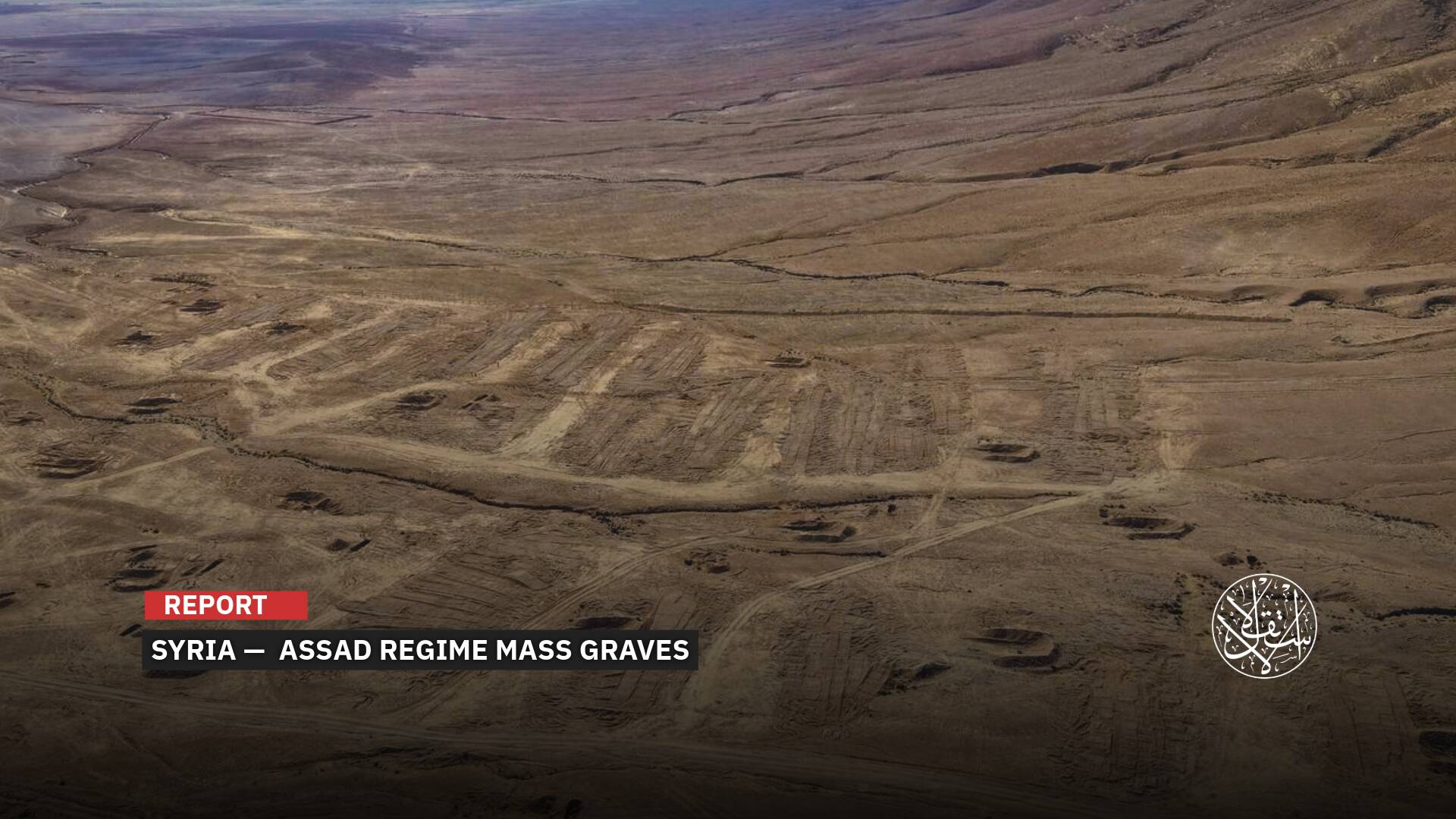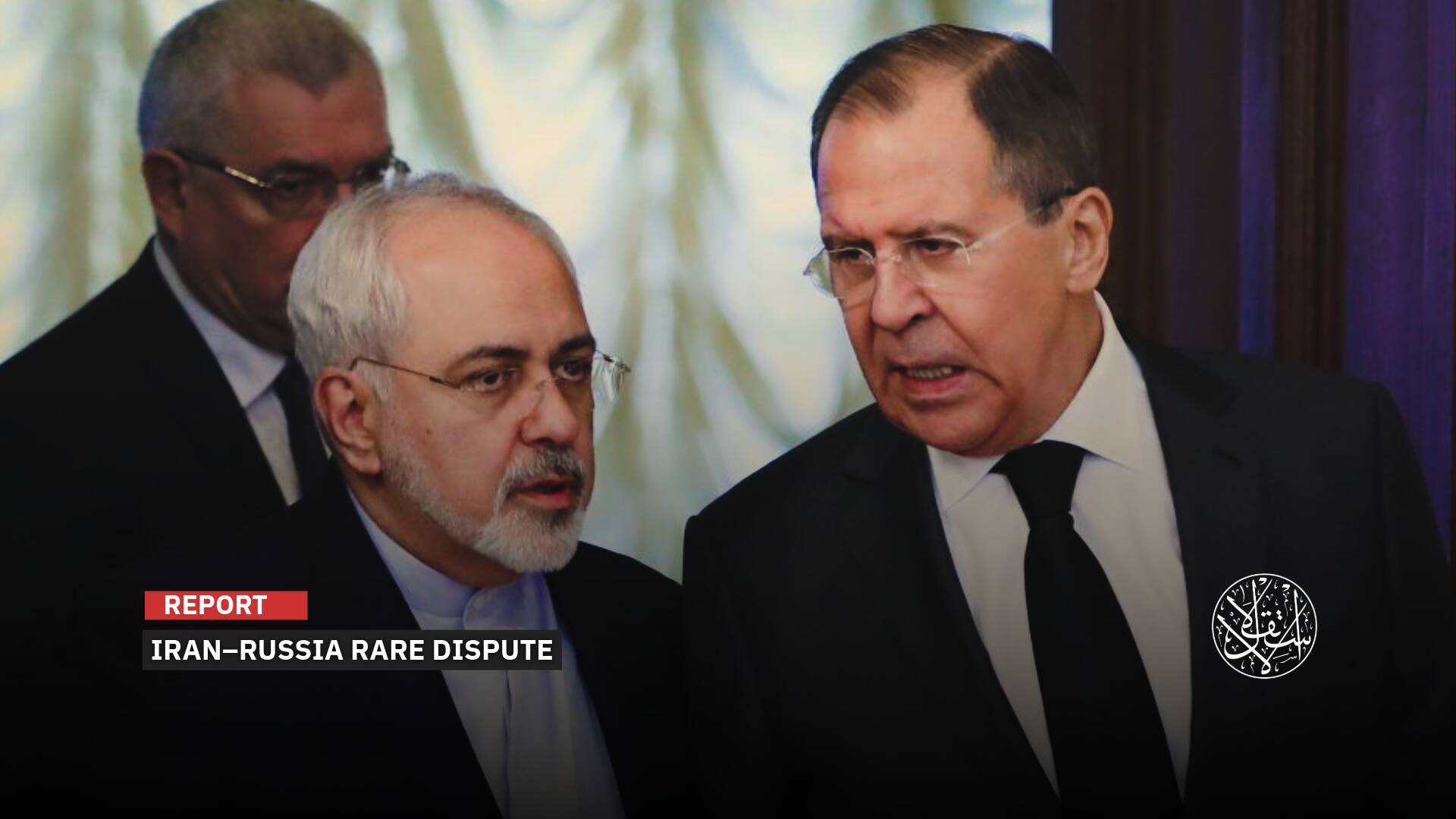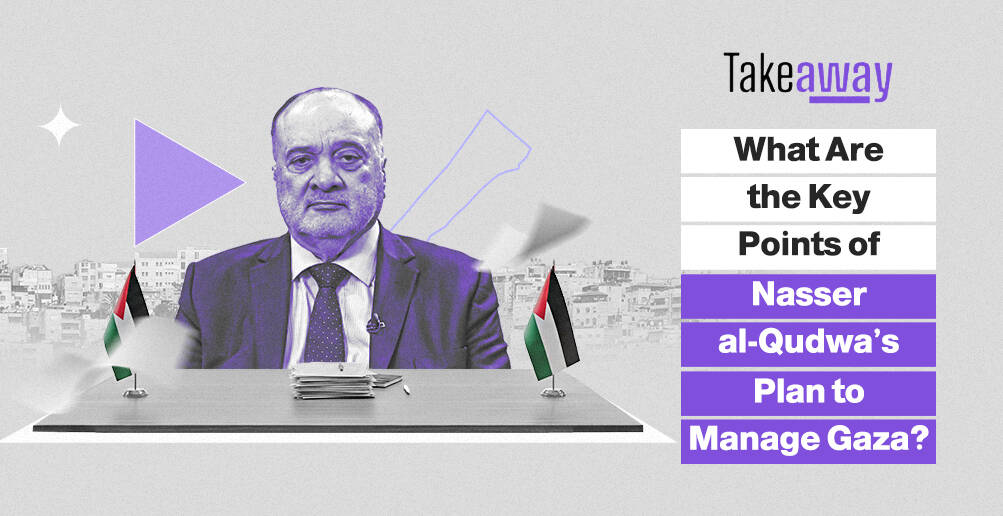Tempting Offers, China Out of the Picture: Inside the U.S.-Syria Economic Rapprochement

The new Syria is seeking a strong strategic relationship with the United States.
The new Syrian government is courting American companies to enter the country and launch investment projects during this critical phase of reconstruction.
Despite the harsh U.S. sanctions, rooted in the era of Bashar al-Assad’s regime, which collapsed on December 8, 2024, experts believe that rebuilding ties between Damascus and Washington may not be as difficult as it seems.
Some U.S. companies have already begun testing the waters, drawn by the lucrative opportunities in Syria’s reconstruction landscape.
Attracting American Investment
According to The Wall Street Journal, Syrian President Ahmed al-Sharaa has taken concrete steps to win U.S. support for Syria’s rebuilding efforts. These include indirect communication with “Israel” and offering attractive investment opportunities to American firms in the oil and gas sectors.
In a report published on May 7, 2025, the newspaper stated that the new Syria seeks a strong strategic relationship with the United States.
Al-Sharaa aims to meet President Donald Trump to present his vision for a reconstruction plan modeled after the Marshall Plan, the post–World War II initiative to rebuild Europe, led by U.S. Army Chief of Staff George Marshall.
The Marshall Plan has become shorthand for major reconstruction programs in war-torn regions.
The report also revealed that Jonathan Bass, a Trump-aligned Republican activist and CEO of Louisiana-based natural gas company Argent LNG, visited Damascus in early May 2025. He reportedly pitched a partnership plan to develop Syria’s energy resources and to launch a Syrian national oil company listed on U.S. stock exchanges.
Bass traveled to Damascus to present this plan directly to President al-Sharaa, envisioning collaboration between Western energy firms and a new, U.S.-listed Syrian oil corporation.

Jonathan Bass, accompanied by Mouaz Moustafa, head of the U.S.-licensed Syrian Emergency Task Force, said President al-Sharaa welcomed the proposed plan.
Syrian Energy Minister Mohammed al-Bashir traveled with Bass back to Istanbul to attend the Natural Resources Summit held on May 2, 2025.
“The new Free Syria seeks to build a strong strategic relationship with the United States, based on mutual interests and partnership, including energy and other economic ties,” a senior Syrian foreign ministry official told WSJ.
“Damascus hopes to become an important and influential ally to Washington during Syria’s next chapter.”
The new Syrian government has also called on the international community to lift the sanctions imposed on key sectors and institutions since 2011, describing their removal as essential for economic recovery and the launch of reconstruction efforts.
Some European and Western nations have already eased parts of their sanctions on Syria, while Washington has tied any sanction relief to concrete progress in several priority areas, including counterterrorism.
At a joint press conference with French President Emmanuel Macron in Paris on May 7, 2025, al-Sharaa said the continued European economic sanctions were no longer justified.
“These sanctions were placed on the former regime because of the crimes it committed [..] There is no justification for keeping the sanctions,” he said.

The United States maintains a military presence in Syria, primarily in the northeastern province of Hasakah, which is largely controlled by the Syrian Democratic Forces (SDF), in addition to its presence at the al-Tanf base near the tri-border area with Iraq and Jordan.
However, in April 2025, Washington announced plans to reduce its troop deployment in Syria to fewer than 1,000 soldiers in the coming months.
A month earlier, in March, the U.S. had delivered a list of conditions to Damascus as a prerequisite for partially easing sanctions. Acting U.S. Ambassador to the UN, Dorothy Shea, publicly outlined the demands, which included renouncing and combating terrorism, adopting a non-aggression policy toward neighboring countries, removing foreign terrorist fighters from official roles, preventing Iran and its proxies from exploiting Syrian territory, eliminating weapons of mass destruction, assisting in the recovery of missing American citizens, and ensuring security and freedoms for all Syrians.
Syria had responded in writing to the U.S. conditions, claiming it had met most of them, while others required “mutual understandings” with Washington, according to Reuters.
Front-Runner
Meanwhile, several voices close to former President Donald Trump have recently argued that this moment presents a rare opportunity for the U.S. to build robust trade and investment ties with Syria, potentially paving the way for broader peace in the Middle East.
Influenced by the Syrian-American lobby, U.S. lawmakers have also pushed to reopen channels of communication between Washington and Damascus.
On April 19, 2025, Syrian President Ahmed al-Sharaa received Republican Congressman Cory Lee Mills—marking the first official visit by a U.S. lawmaker since the fall of Bashar al-Assad’s regime in December 2024.
Mills traveled to Damascus on a fact-finding mission and held talks with al-Sharaa on U.S. sanctions and prospects for peace between Syria and “Israel.” The report confirmed that Mills carried a message from al-Sharaa to Trump.
Mills told Bloomberg that his discussion with the Syrian president aimed to clarify the Trump administration’s expectations for lifting the stringent sanctions.

Mills noted that Germany and Japan were once U.S. adversaries, but said, “At one point Germany and Japan were our enemies but we have to move beyond this if we are to have stabilization.”
“American companies are ready to help revive the Syrian economy, especially as the new government is offering tailored investment opportunities to attract U.S. firms,” Syrian economist Radwan al-Debs told Al-Estiklal.
“These offers are part of efforts to encourage Washington to lift its sanctions and to help launch the reconstruction process,” he said, adding that the Syrian government is providing various investment options, particularly in the energy sector and the development of oil fields.
Al-Debs believes that what could most incentivize the U.S. to ease sanctions is the significant benefit American companies stand to gain by being granted a “first-mover advantage” in Syria’s reconstruction.
He hinted that recent visits by American corporate delegations to Syria are essentially on-the-ground exploratory missions to assess the potential for mutually beneficial ventures.
“These developments suggest there are early signs that Washington may soon move toward lifting sanctions,” he added. “The presence of top U.S. corporate teams is an indication that planning is underway for potential projects and projected returns—especially in energy.”
According to al-Debs, the entry of major U.S. firms into Syria could have a profound positive impact on the economy. Their global stature could also encourage other Western companies to join the Syrian market.
Syria still has vast untapped investment zones, particularly in offshore gas and oil fields, as well as in various industries, telecommunications, and the tech sector.
International financial and economic advisor Osama Kadi also told Al-Estiklal that many American companies are eager to enter the Syrian market, but are awaiting the lifting of sanctions on the Central Bank of Syria and the country’s reintegration into the SWIFT global financial system to enable transactions and launch operations.
“There are numerous sectors where U.S. firms could invest,from oil and gas to renewable energy, infrastructure, and even agricultural and industrial manufacturing,” he said.
Kadi emphasized the importance of workforce development in attracting global companies. He argued that Syrian workers are not less qualified than those employed in the 20,000+ American-run companies operating in Vietnam.
He stressed the need to establish technical institutes to train a large labor force that can contribute to economic recovery.
Keeping China Out
The United States has sent a positive signal toward helping Syria restart and improve living conditions for its people.
On May 7, 2025, Syrian Finance Minister Mohammed Barniyeh announced that Syria had received a grant from Qatar to help pay part of the public sector wage bill. He added that the U.S. Treasury had granted a sanctions exemption to facilitate the transaction.
According to Syria’s official news agency SANA, the Qatari grant will cover part of the $29 million monthly wage and salary bill for three months, with the possibility of extension.
Barniyeh explained that the grant would support salaries for workers in health, education, social affairs, and civilian retirees. He noted that the Qatari grant was explicitly exempted from U.S. sanctions and would be managed by the UN Development Programme. It covers approximately one-fifth of the current public wage bill.
Analysts see this new American move—adding another layer of facilitation for the Syrian government—as part of Washington’s broader strategy to prevent countries like China from filling the economic vacuum in Syria, especially given the continuing U.S. military presence in the region.
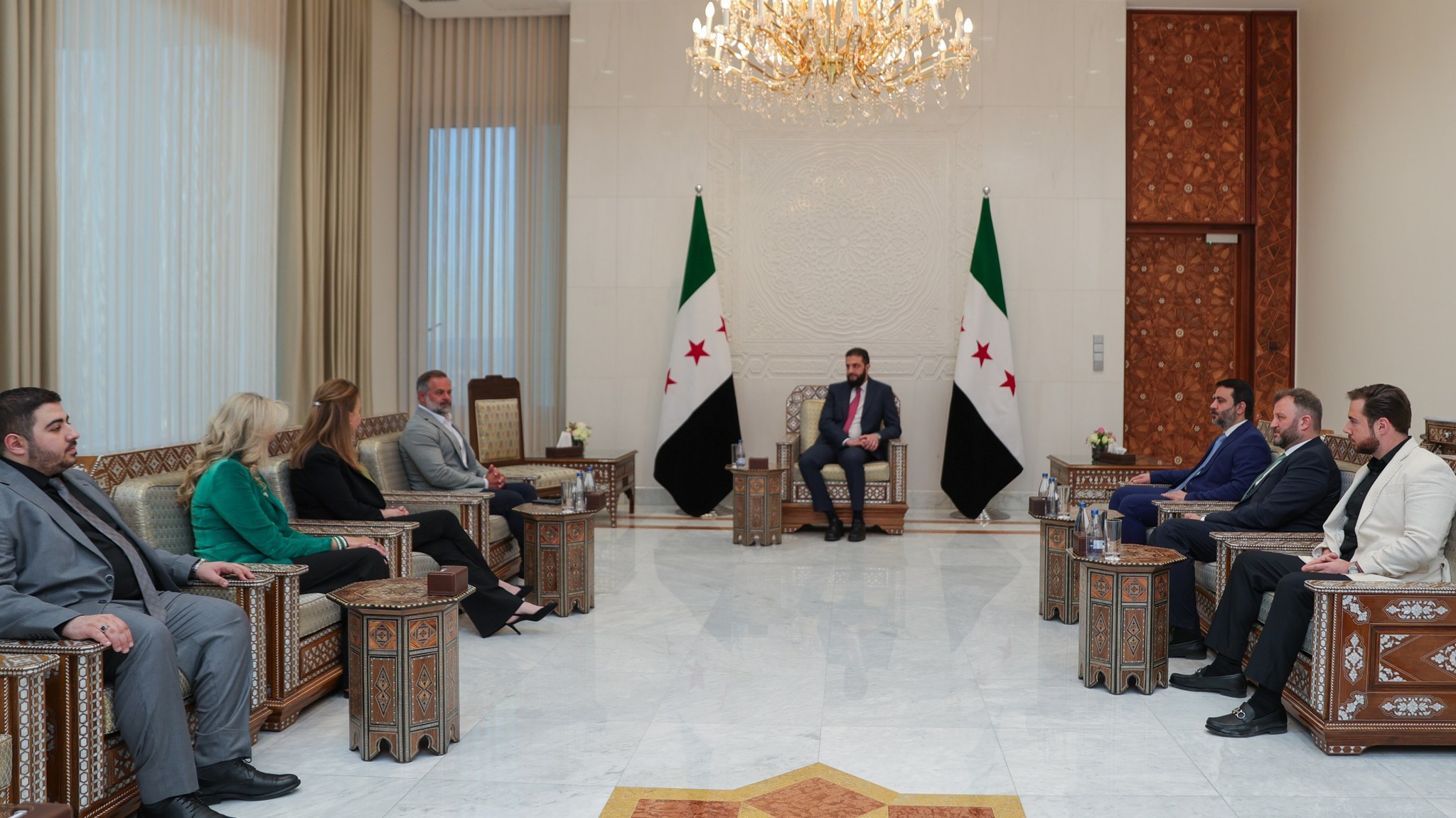
In a piece published on Fox News on May 7, 2025, Gordon Chang—a prominent expert on Chinese affairs and author of The Coming Collapse of China—warned that China, which supported the brutal Assad regime to the very end, is now attempting to influence the new government in Damascus in a bid to eventually dominate the country.
“Al-Sharaa is resisting Beijing’s attempts. ‘Syria is now led by a true reformer,’ Jonathan Bass, who had extensive discussions with Sharaa in Damascus last week about religious freedom and other topics, told me.
According to Chang, al-Sharaa is seeking trade and investment, describing the current moment as a historic opportunity for American companies, long excluded from this part of the region, especially since Syria lies in ruins and the U.S. is uniquely capable of rebuilding, supplying, and selling nearly everything.
He also quoted Mouaz Moustafa of the Syrian Emergency Task Force as saying, “Syria is up for grabs. The Chinese continue to push hard to fill a vacuum, knowing that the longer the U.S. takes to come along the higher the chances are that China will economically occupy Syria.”
Former President Donald Trump is expected to visit Saudi Arabia on May 13, 2025, and Syrian officials are working to arrange a meeting between Trump and the Syrian President in Riyadh to discuss U.S. corporate entry into Syria.
Earlier, in a congratulatory message sent to Trump upon his inauguration in January 2025, al-Sharaa wrote: “We are confident that he is the leader to bring peace to the Middle East and restore stability to the region.”
Sources
- Trump Ally Holds Talks With Syrian Leader on Sanctions
- Syrian President Calls EU Sanctions “Unjustified”
- Al-Sharaa offers letting US in for business to ease sanctions
- GORDON CHANG: Trump can reshape the Middle East and outfox China with one stunning move
- Syria Dangles Oil, Peace for U.S. Help on Sanctions
- Syria's new leader says Trump will 'bring peace to the Middle East'


